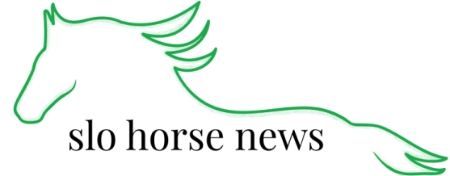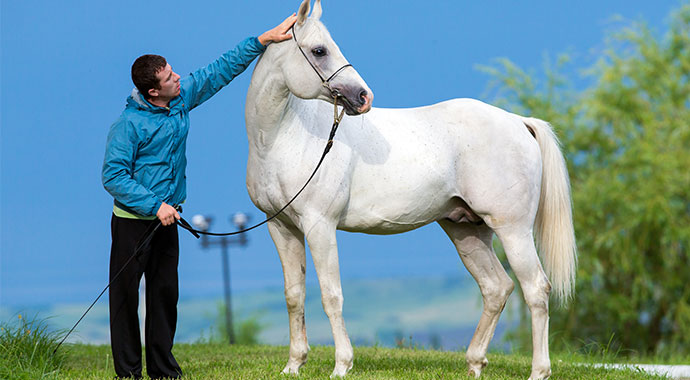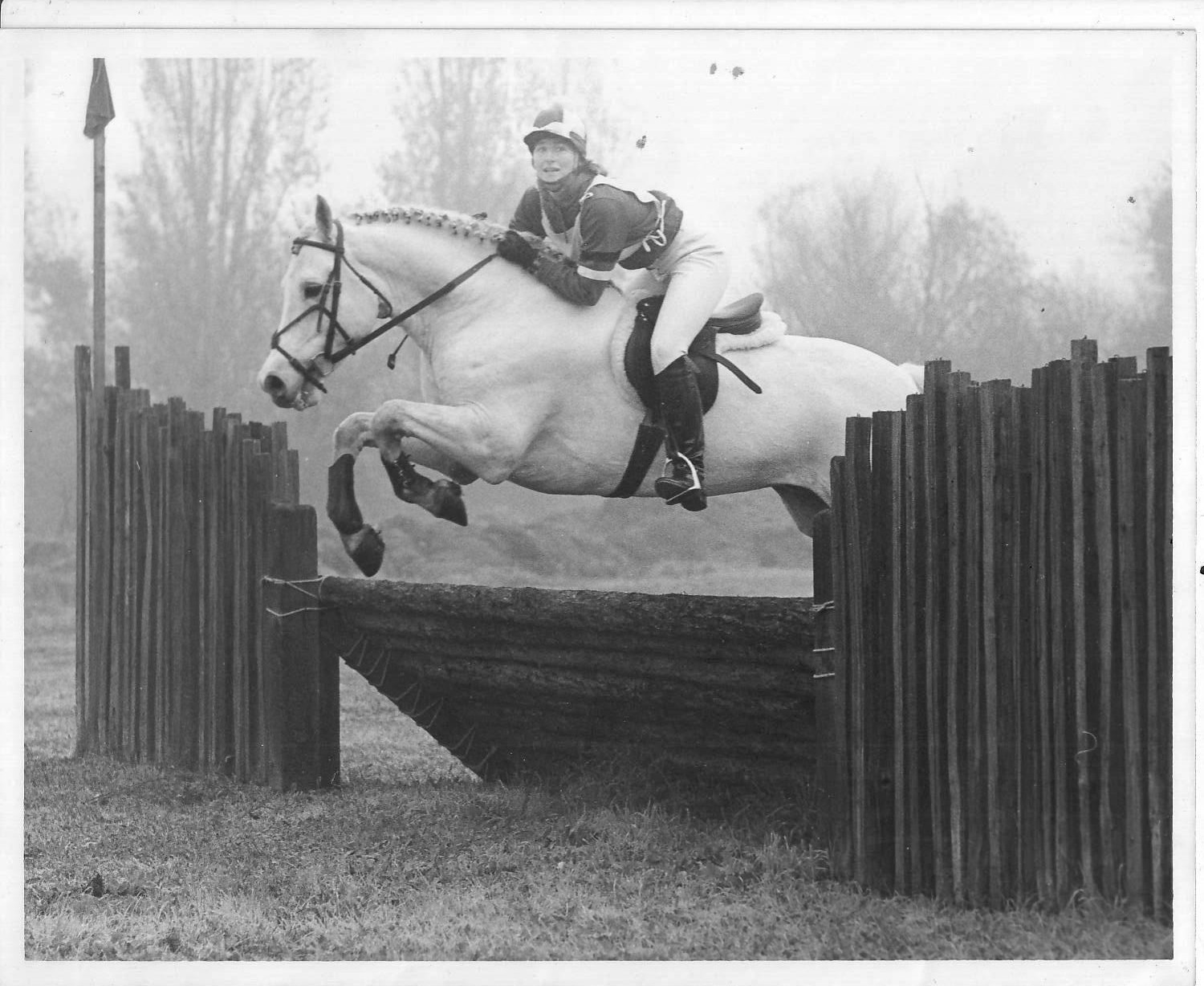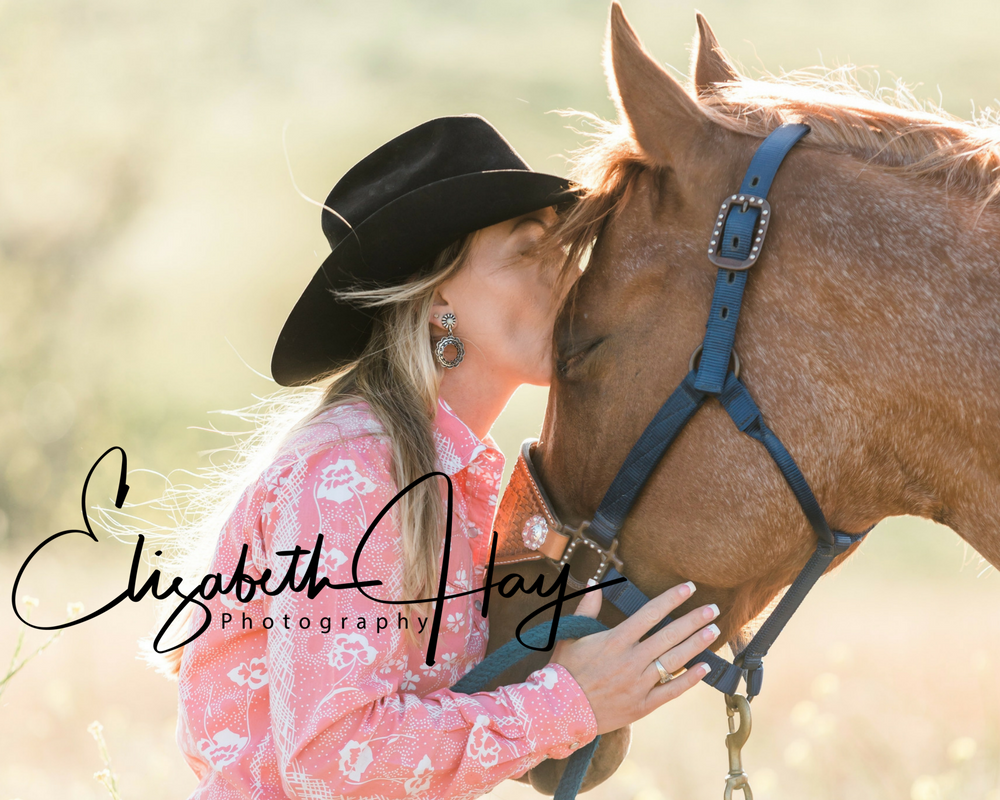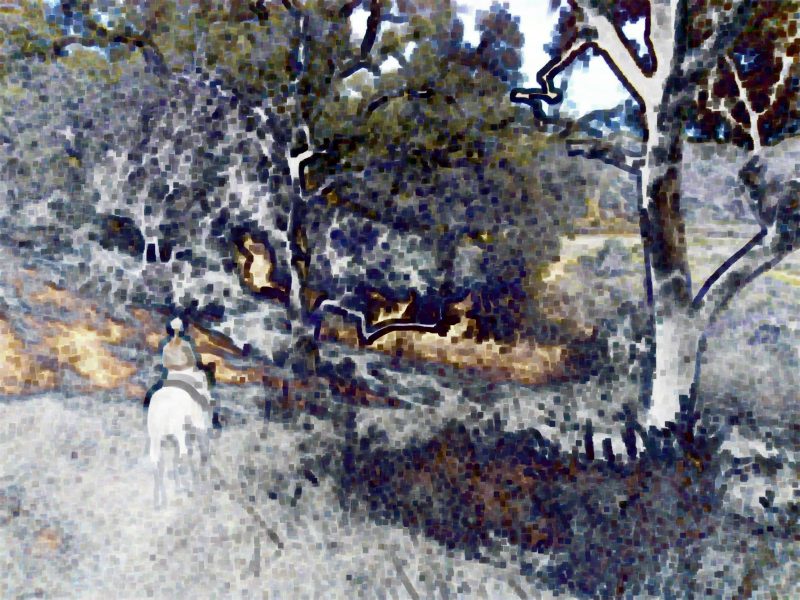Bloodlines. It’s the lineage of a horse all the way back as far as recorded or remembered, and it’s important. To cultures like the Bedouin tribes of the Middle East, a horse’s lineage is of utmost importance, its purity is to be guarded and fought for. Hundreds of years ago, these tribes kept breeding records by memory and passed them down from generation to generation. It was the heritage of your culture, your family, and it meant everything.
Today, it seems as if much has changed. To breed to a horse’s sire is often thought of as more representative of a person’s superficial status vs. the quality of the horse aimed to be produced. Much like carrying a Coach handbag, it’s about appearances, not quality of goods.
Like all things done for the sake of appearances, this breeding strategy is soulless and empty, and often mentally and physically destroys the horse and the human involved.
For Horses
I hope that it’s obvious why this is bad for horses. All to often, people jeopardize the safety and well being of their horses to breed to a well-known sire. Their mares are old, worn out, tired, but they push for ‘just one more’ like a hit of heroine. It can be as deadly as heroine too, many of these beautiful well mannered horses don’t make it though a last pregnancy, often taking the foal with them. A sadder fact still, they most likely would have lived many happy and healthy years into the future without this complication.
If the mare does make it through, there are often complications with the foal. According to Sue McDonnell, PhD, Certified AAB, “It is now well-documented that the eggs of mares over 18 years old have a very high incidence of inherent defects that result in a high rate of early pregnancy loss (20-30% or higher).” As stated on TheHorse.com.
The safety of the horse and her foal should be the first priority.
For The Equine Industry
What’s the aim of breeding horses? It’s surely not to add more to the population, there are more than enough horses to satisfy the needs, with many ending up “unwanted” or neglected. No matter what breed or crossing, the objective (usually) is to improve on your program and to hopefully improve on the breed. When breeding for bloodlines alone, many of the things that make a quality horse are overlooked – health, conformation, mind. Many health traits are passed down, the good and the bad, and that is more important than the sire’s or dam’s looks, career, earnings, etc.
Another risk often associated with breeding for bloodlines alone is inbreeding/line breeding (a ancestor appearing within 4 generations of the horse’s pedigree). While this practice helps to keep desirable traits in the line, it can effect the health of all horses involved. Stacey Kimmel from Behind the Bit blog gives an easy way to understand this: “Homozygous genes (from line breeding) make it easier to predict what the offspring will be like, heterozygous genes (from outcrossing) make for a healthier animal.” So a balance is always needed. Unfortunately, the status achieved by having a certain horse in their foal’s pedigree causes many people to ignore that balance.
Quality Over Quantity
In my recent conversation with a well-known breeder, nothing was more apparent in her breeding program than the quality of a horses involved.
This is the attitude we all should have – quality over quantity, foundation over appearance, long term over short term, and actual traits over paper status.
So You Want To Breed Your Horse?
Study pedigrees and find out what horses traits match up with the horse you want to breed, both in looks and in strengths and weaknesses. When selecting a Stallion (assuming you own the Mare), take note of any flaws your Mare may have (A long back, short neck, cow-hocked, etc.), and try to find a Stallion that is particularly strong in those areas, to improve upon your Mare…Even look into his progeny to compare how well he passes on his physical traits.
Talk with a trainer/breeder that will have nothing to gain by giving you advice. Money often corrupts a person’s opinion; So make sure you take advice from people who won’t monetarily gain from your decision.
Talk to your vet if you own one of the horses involved. Hopefully, you have a vet that you know and trust and they know you and your horse and can help make a personalized recommendation based on your personal wants and values, more than just a physical examination.
Enjoy the experience. Breeding a horse is an amazing experience and when done right, makes a positive impact on the breed as a whole. And let’s be honest, you can’t beat a cute foal.
